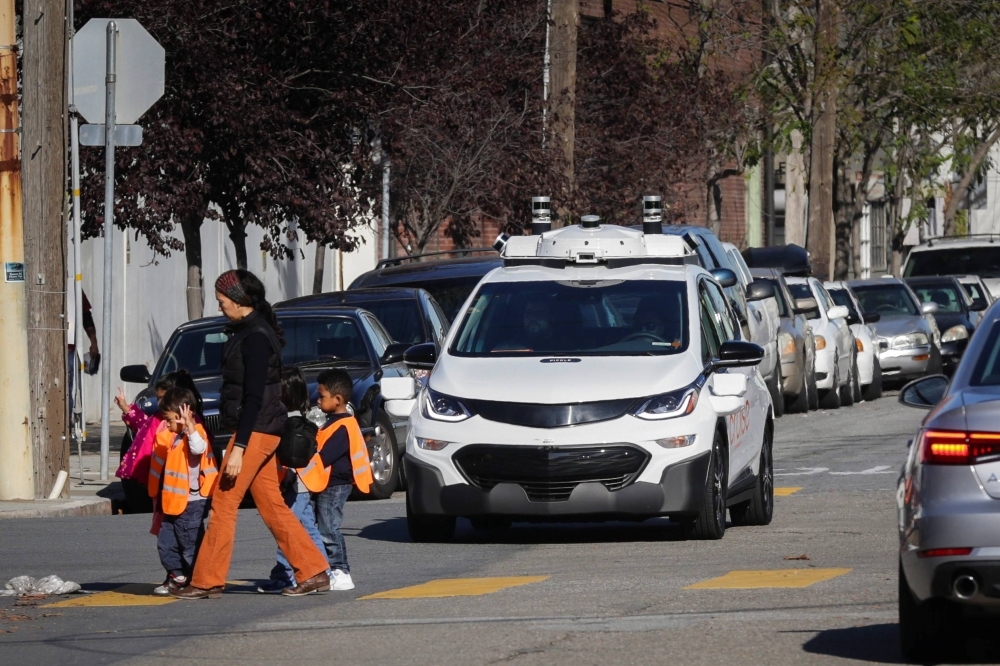Last month, California regulators allowed two companies that operate self-driving cars to accept paying customers in San Francisco. The first week did not go well. One car drove itself onto freshly poured concrete in a road construction zone with traffic cones and workers with flags. The car got stuck in the wet concrete and the company will be paying to repave the road.
In a more serious incident, a passenger in a driverless car was injured in a collision with a fire truck. As a result, the operator agreed to halve the number of driverless vehicles it operates in San Francisco.
The decision to allow self-driving cars may usher in a new era of transportation, or it may prove to be a false dawn. Either way, the issues surrounding these vehicles illustrate many of the ethical questions raised by the impact of artificial intelligence on everyday life.



